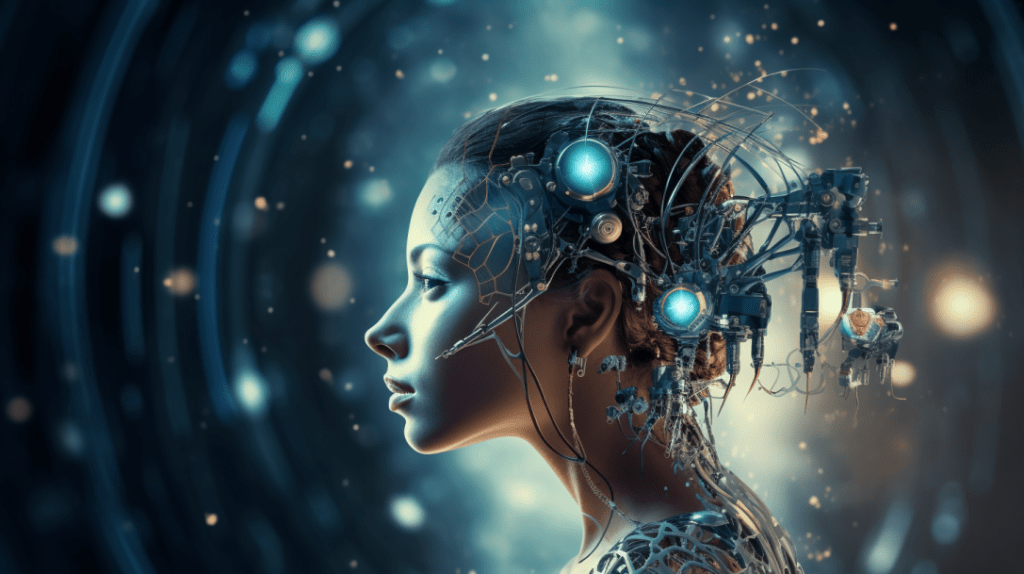Photo was created by Webthat using MidJourney
The Shifting Landscape of Human Intelligence
In the era of AI, the traditional notions of human intelligence have evolved. No longer limited to a singular measure of IQ, we now recognize multiple dimensions of intelligence, such as linguistic, emotional, spatial, and more. Moreover, the rise of generative AI has brought attention to specific strands of intelligence that generate novel patterns, blurring the line between artificial and creative thinking. As we integrate these advancements into our understanding of abilities, it becomes evident that education must adapt to nurture these diverse forms of intelligence.
Generative AI as a Catalyst for Change
Generative AI, with its ability to synthesize vast amounts of knowledge, raises questions about the nature of human thinking. While it offers invaluable tools like instant encyclopedias, its inherent errors underscore the importance of critical thinking. As Nobel laureate Daniel Kahneman’s book highlights, human brains are prone to different cognitive biases. Teachers must encourage students to question their knowledge, while adeptly using both natural and artificial sources of intelligence. The emergence of “prompt engineers” as a new career category exemplifies the need for skilled questioners in this AI-driven landscape.
Nurturing Human Potential Through Lifelong Education
To unlock human potential, we must rethink how we develop all dimensions of intelligence. Education should be viewed as a lifelong journey rather than a one-time pursuit. Just like top performers in sports, music, and business have coaches, we need guides, mentors, and advisors to help us navigate this ever-changing landscape. Technological advancements can augment our natural abilities, and teachers should embrace these tools to enhance their students’ learning experiences.
Embracing Nuance and Curiosity
In a world where information is readily available, mastering nuance becomes essential. Students must learn to distinguish between accurate and misleading data, and curiosity should be nurtured to encourage a deeper understanding of complex issues. As generative AI generates increasingly authoritative-sounding information, the role of teachers in fostering critical thinking and skepticism becomes paramount.
Individualized Teaching for Unique Minds
In an age of ubiquitous AI, the role of teachers transforms into that of guides, coaches, and navigators. With AI providing personalized learning experiences, education becomes more individualized. By identifying and nurturing each student’s strengths, teachers can help them achieve their full potential, addressing multiple dimensions of intelligence, including emotional and interpersonal skills.
The Future of Human Intelligence in Harmony with AI
The rise of AI doesn’t threaten human intelligence; rather, it challenges us to evolve and adapt. As we continue to integrate AI into our lives, we must recognize its limitations and leverage it as a tool to enhance our cognitive abilities. Education, as a lifelong pursuit, should empower individuals to embrace change, think critically, and use the synergy between human and artificial intelligence to shape a brighter future. By embracing this transformation, we can thrive in the age of AI as empowered learners, creators, and thinkers.

